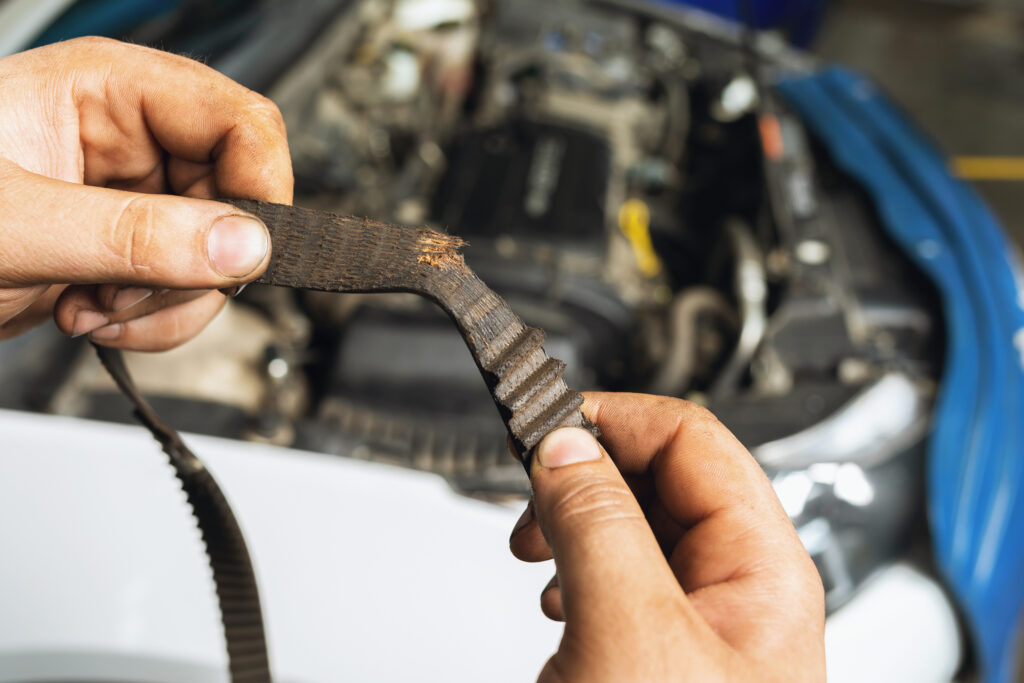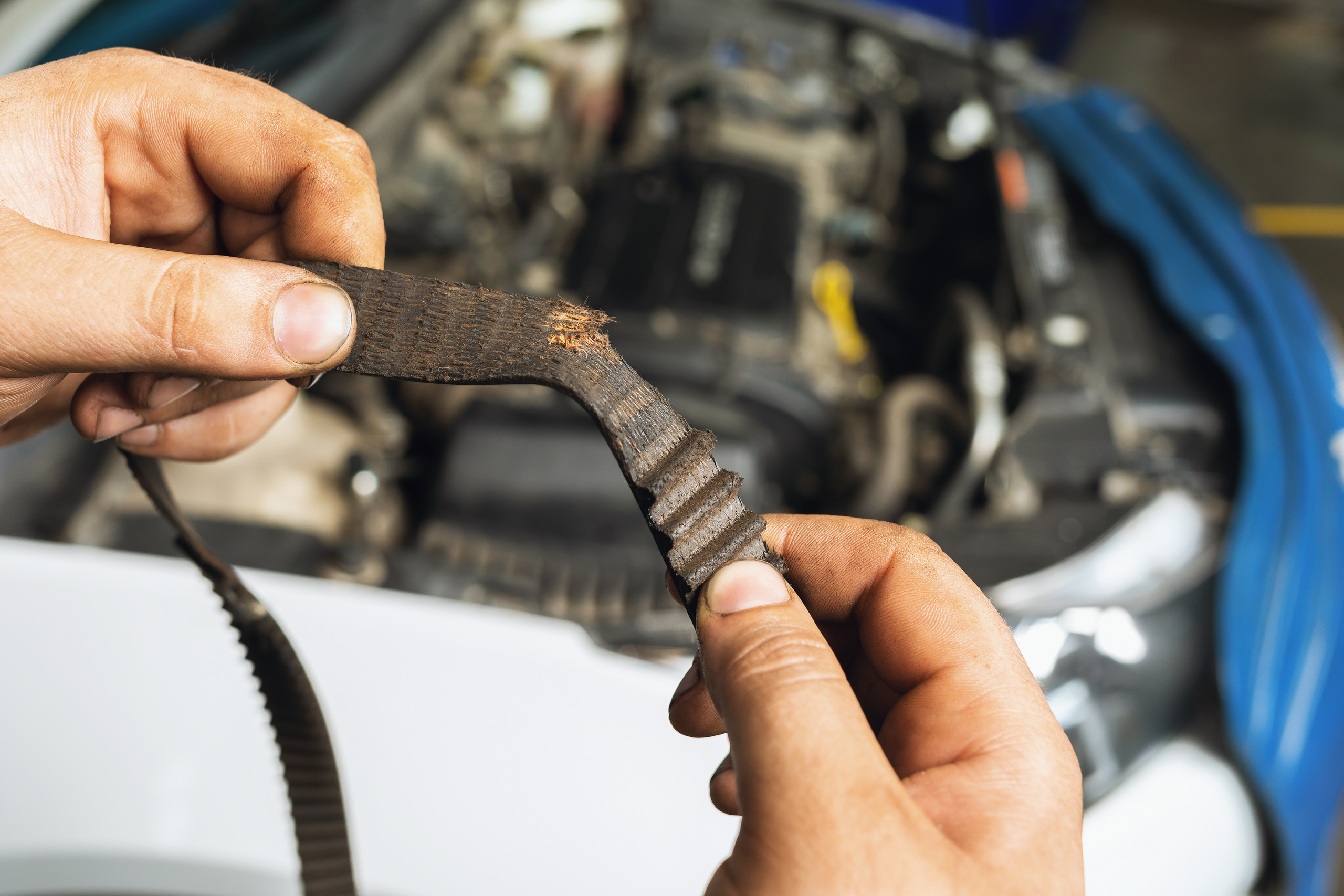Can You Sue for a Car Accident Caused by a Vehicle Defect?
If you’ve been injured in a Florida car accident caused by a defective vehicle part, you may be entitled to compensation through a product liability lawsuit. Vehicle defects can turn a routine drive into a traumatic, life-changing event — and manufacturers, suppliers, or even dealerships can be held legally responsible.
This article serves as a detailed legal guide for accident victims. You’ll learn what qualifies as a vehicle defect, how to prove liability, what compensation you may be eligible for, and how to take legal action.

Understanding Vehicle Defects Under Florida Law
What Is a Vehicle Defect?
A vehicle defect refers to any design flaw, manufacturing error, or failure to warn that makes a car or component unsafe during normal operation. This includes defects that:
- Compromise safety systems like airbags or brakes
- Cause the vehicle to malfunction during regular use
- Could have been prevented with proper quality control or engineering
Types of Recognized Defects
Under Florida product liability law, vehicle defects fall into three categories:
- Design Defects – Flaws in the product’s design make it inherently unsafe (e.g., SUVs prone to rollovers).
- Manufacturing Defects – Errors during assembly or production (e.g., incorrectly installed brake lines).
- Marketing Defects – Inadequate warnings or instructions (e.g., failing to notify owners of recall-worthy issues).
Common Examples of Automotive Defects
Defective vehicle components can lead to catastrophic outcomes. Some of the most frequent culprits in accident-related lawsuits include:
1. Brake Failures
Malfunctioning brakes can prevent drivers from stopping in time, leading to high-speed collisions. Often, the defect involves the master cylinder, brake pads, or hydraulic lines.
2. Airbag Deployment Failures
Airbags that fail to deploy, deploy too late, or explode upon deployment can cause serious injuries or death. This has been a common issue in multiple large-scale recalls.
3. Tire Blowouts
Manufacturing flaws in tires can lead to tread separation or sidewall failures, especially at highway speeds. These incidents can result in rollovers and loss of control.
4. Steering Malfunctions
Issues with the steering column or power steering system can cause drivers to lose control of the vehicle unexpectedly — often during turns or lane changes.
5. Electrical and Engine Failures
Faulty engine systems, software errors, or battery failures can cause sudden stalls, loss of power, or vehicle fires.
How Vehicle Defects Lead to Accidents
Vehicle defects don’t just increase the risk of an accident — they often remove the driver’s ability to respond safely.
Loss of Control on the Road
A defective steering system or a brake failure gives the driver little to no chance to prevent a collision. These defects can occur without warning and at critical moments.
Failure of Safety Systems
When airbags, seat belts, or anti-lock brakes fail, even a minor accident can result in serious injuries. In many cases, the defect worsens the outcome of the crash.
The Role of Vehicle Recalls
Even if a manufacturer has issued a recall, they may still be liable if:
- You were not notified
- The defect caused your injury before you had a chance to get it repaired
- The recall remedy failed to correct the issue
Who Can Be Held Liable for a Defective Vehicle Accident in Florida?
1. Auto Manufacturers
Vehicle and part manufacturers are the most commonly named defendants in product liability lawsuits. Under strict liability, you do not have to prove negligence — only that a defect existed and caused your injuries.
2. Parts Suppliers
In many cases, the defective part (e.g., an airbag or a braking system) was made by a third-party supplier. They can be sued if the defect lies in their component.
3. Dealerships
If a dealership sold you a vehicle with a known defect or ignored a recall, they may share responsibility for your injuries.
4. Repair Shops
If improper repairs contributed to the vehicle’s failure, a mechanic or repair company may also be held liable for negligence.
Your Legal Rights After a Defect-Related Crash
Right to File a Lawsuit
Under Florida law, you have the right to file a product liability lawsuit if a defect caused or worsened your accident. You do not need to prove intent — only that the vehicle or part failed to perform safely.
Statute of Limitations
In Florida, the statute of limitations for product liability and personal injury claims is generally four years from the date of the accident. However, there may be exceptions based on when the defect was discovered.
Proving That a Vehicle Defect Caused the Accident
To succeed in a claim, you must show that the vehicle defect was a direct and proximate cause of your injuries. This requires compelling evidence and expert analysis.
Key Evidence in These Cases
- Expert Testimony: Engineers and accident reconstruction specialists can confirm the defect’s role.
- Service Records: Show the car was properly maintained, ruling out user error.
- Recall Notices: A history of recalls can establish known risks the manufacturer ignored.
- Black Box Data: This can reveal sudden braking, steering input, and speed changes at the time of the crash.
What Compensation Can Victims Recover?
Victims of defective vehicle accidents in Florida may qualify for both economic and non-economic damages, including:
1. Medical Expenses
Covers all past and future medical costs related to the accident, including hospital stays, surgeries, and rehabilitation.
2. Lost Wages and Earning Capacity
Compensates for time missed at work and loss of ability to earn in the future due to long-term injuries.
3. Pain and Suffering
Includes physical pain, emotional trauma, and reduced quality of life caused by the accident.
4. Punitive Damages
In rare but severe cases, punitive damages may be awarded if the manufacturer’s conduct was especially reckless — such as knowingly hiding a defect.
What to Do After a Suspected Defect-Related Accident
1. Seek Immediate Medical Attention
Even if your injuries seem minor, get evaluated by a medical professional to document your condition and begin treatment.
2. Preserve the Vehicle
Do not repair or dispose of the car. It is your key piece of evidence in a product liability case.
3. Collect Documentation
Gather your insurance records, police reports, photos of the scene, and any recall notices you received.
4. Speak to an Attorney
Consulting a product liability attorney early will help ensure your evidence is preserved, deadlines are met, and your legal strategy is sound.
Common Problems That Often Lead to Legal Claims
- Defective airbags that don’t deploy
- Brake failure despite recent maintenance
- Tire blowouts at normal speeds
- Engine stalls on highways
- Steering column failure during turns
Each of these problems may indicate faulty manufacturing or design and can form the basis for a successful lawsuit.
Real Case Example
A Florida resident was injured in a single-vehicle crash after the steering locked while making a routine left turn. Investigation revealed that the steering column had a known defect under recall, but the driver had never been notified. The victim’s legal team presented expert testimony and vehicle data to prove that the defect caused the crash. The manufacturer settled the case out of court for an undisclosed sum that included medical bills, lost income, and pain and suffering damages.
Frequently Asked Questions About Florida Vehicle Defect Accident Lawsuits
Can I file a lawsuit if a defective airbag caused my accident in Florida?
Yes, you can file a lawsuit in Florida if a defective airbag contributed to your injuries during a car accident. Airbags are a critical safety feature, and if they fail to deploy or deploy improperly—such as too late, too aggressively, or not at all—you may have grounds to bring a product liability claim against the vehicle or component manufacturer.
Who is responsible for a crash caused by brake failure in Florida?
In a situation where your accident was caused by a brake system malfunction, the liability could fall on multiple parties. The vehicle manufacturer may be responsible if the brake system was defectively designed or improperly assembled. A parts supplier could be liable if they produced a faulty brake component, and even a repair shop might share in the blame if their work contributed to the failure. A detailed investigation is often needed to determine who is legally accountable.
Is the manufacturer always at fault for a vehicle defect-related accident?
Not always. While manufacturers are commonly held liable under Florida’s strict product liability laws, responsibility can extend to dealerships, parts suppliers, or service providers depending on the circumstances. For instance, a dealership that sold a recalled vehicle without disclosing the issue could be held responsible, and a mechanic may be liable if they negligently repaired or replaced a part involved in the failure.
What if I didn’t receive a recall notice before the accident?
Even if you never received a recall notice, the manufacturer may still be liable. Companies are obligated to notify vehicle owners when a known defect could lead to injury or death. Failure to properly notify you or delay in issuing the recall doesn’t exempt them from responsibility. If the defect existed before the recall was issued, your claim remains valid.
How long do I have to file a vehicle defect lawsuit in Florida?
In most cases, you have four years from the date of the accident to file a personal injury or product liability lawsuit in Florida. However, if the defect was not discovered immediately, and the injury surfaced later, the statute of limitations may begin from the date the defect was or should have been discovered. It’s important to consult an attorney promptly to avoid losing your right to file a claim.
Contact Lawlor, White & Murphey Today
If you or someone you love has been injured in a car crash and suspect that a defective vehicle part was involved, it’s critical to act quickly. These cases are complex and often involve going up against major auto manufacturers and their legal teams.
Don’t wait. Contact Lawlor, White & Murphey today for a free consultation. The sooner you act, the stronger your case can be.
